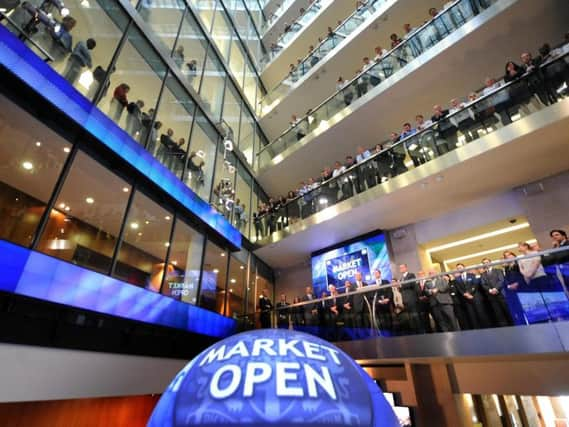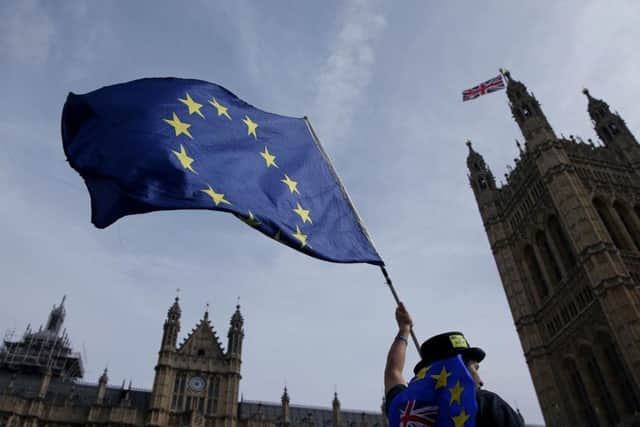Hard Brexit or not, all signs point to a recession - Mark Casci


Renewed worries about the country leaving the European Union without a deal pressured sterling and sapped investor appetite for stocks sensitive to slowing consumer spending.
The fresh selling kicked in after Prime Minister Boris Johnson moved to limit parliament’s opportunity to derail his Brexit plans by cutting the amount of time it sits between now and EU exit day on October 31.
Advertisement
Hide AdAdvertisement
Hide AdThe mid-cap FTSE 250 index was down 0.8 per cent in morning trading, as worries that a disorderly no-deal Brexit would hurt the economy rose. Around half of mid-caps’ income is generated here in the UK and any damage to the economy inevitably will hit its attractiveness to investors.


However with a no deal exit now looking increasingly likely it remains to be seen what will happen with the United Kingdom’s smaller quoted companies who need a vibrant domestic economy in order to grow.
The markets were not all bad news however.
The fresh political upheaval slammed sterling but also served as a boost to the exporter-heavy FTSE 100 which was up 0.3 per cent and far outperforming the broader European bourse.


The reason for this is simple. The majority of FTSE constituents make their revenue abroad.
Advertisement
Hide AdAdvertisement
Hide AdThe blue chips index was also propped up by gains in oil major BP after it announced plans to sell its Alaskan assets for $5.6 billion and supermarkets, which were lifted by a positive broker note.
“Until we get a change in the dynamic, they’re going to continue to under perform,” said Rory McPherson, investment director at Psigma Investment Management.
Housebuilders were the hardest hit. York-based Persimmon, Berkely, Barratt Developments and Taylor Wimpey were the biggest decliners on the FTSE 100, down 2.3 per cent to 2.7 per cent.
The sector has been in trouble for a while with suppressed demand from cautious consumers who are worried that a hard Brexit will damage the British economy.
Advertisement
Hide AdAdvertisement
Hide AdAirlines, which are also sensitive to consumer spending, were also under pressure. British Airways owner IAG was down 2 per cent and easyJet was down 5 per cent.
Prudential, which has a big Asian exposure, fell 2.2 per cent to its lowest since November 2016 amid continued worries about damage to its business in Hong Kong due to the protests in the former British territory.
The stock has fallen almost 30 per cent since early July as the demonstrations have escalated.
In short, the shaky worldwide climate is making for some really tough trading conditions.
Advertisement
Hide AdAdvertisement
Hide AdThe FTSE 100 is on course for its steepest monthly fall in four years, hammered by sharp escalations in the Sino-US trade war that saw China letting its currency fall below the key 7-per-dollar level for the first time in more than a decade.
“Optimism of a resolution has drifted off into the distance as investors attempt to second guess the next moves in the trade dispute,” London Capital Group analyst Jasper Lawler told Reuters.
Hard Brexit or not, it seems clear that the market foresees a recession and weak growth is set to be the new normal.